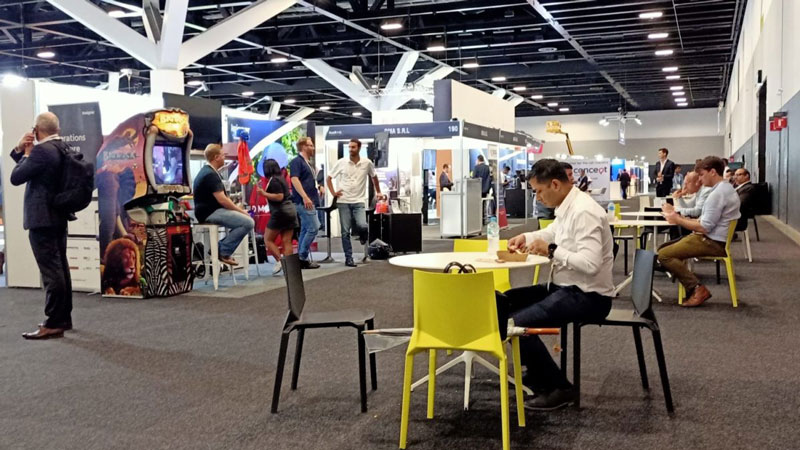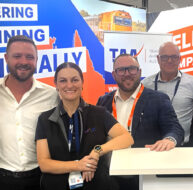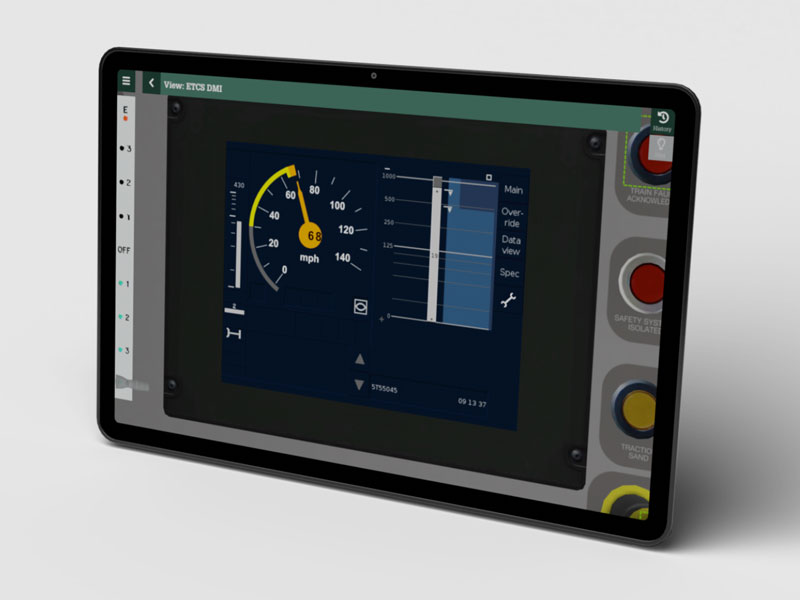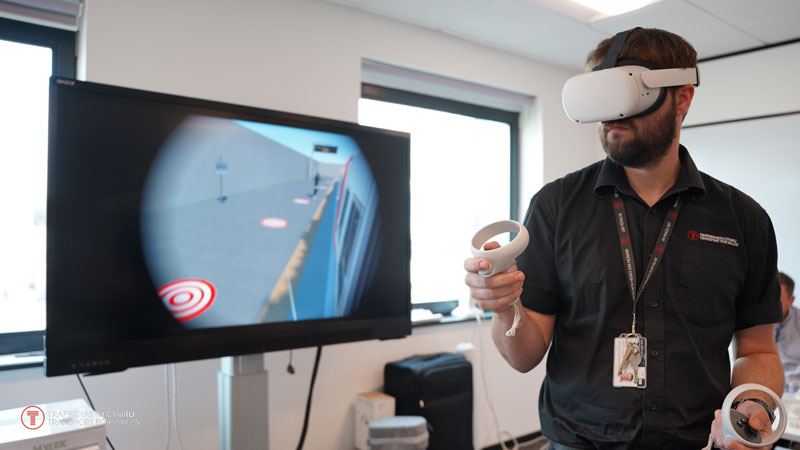Skill Shortages are a huge concern for the railway industry in Australia

This year’s AusRail PLUS centred around the challenge of skills shortages across the railway industry in Australia. Many of the conference talk speakers highlighted that a high proportion of the skilled workers across the industry, particularly in operational roles, are reaching retirement age.
In correlation to this, there is a massive $150bn committed to rail projects in Australia in the next 10 years, so demand for rail staff is accelerating at a time when the existing workforce is shrinking.
In her keynote talk at the conference ARA Chief Executive Officer Caroline Wilkie told delegates that attracting and retaining the right people was one of the industry’s most critical issues. In a recent article in Rail Business Daily Caroline said,
“The rail industry is in the midst of a wave of new investment that will transform our cities and towns to deliver sustainable, resilient infrastructure for decades to come,” she said.
“The skills gaps that were already evident a few years ago have only increased as new projects got underway and recent border restrictions limited the movement of skilled workers between states and from overseas.
“There is a critical need to attract, train and develop outstanding talent in our industry to support its long-term growth.”
Pressure is on to find solutions to attract new talent into the industry and train them in a range of operational roles before the existing skilled talent retires. Traditional methods of attracting individuals from other rail organisations is no longer going to work.
If we are to bring individuals in from other industries or different backgrounds, investment will be required on fast, practical training with robust technology solutions. This will be essential to train and upskill individuals, reduce skills fade, reduce incidents and maintain safety on the rail network.









